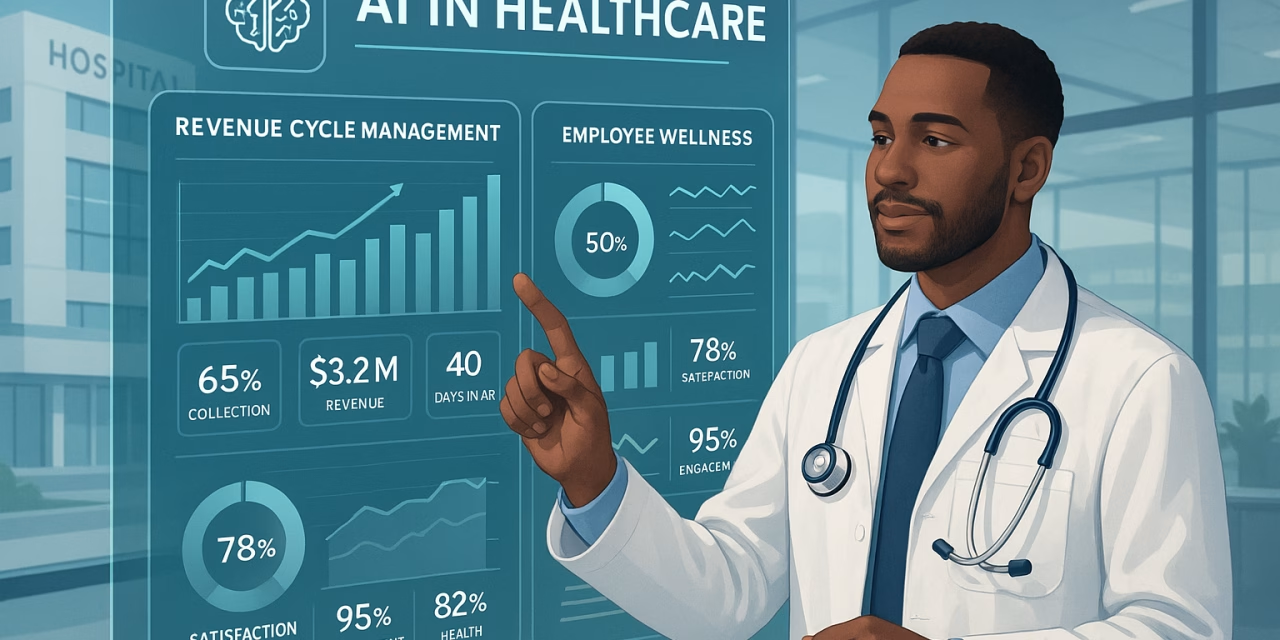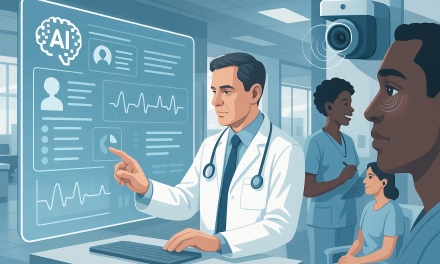July 12, 2025, highlights the expanding influence of Artificial Intelligence in the health and wellness sector, moving beyond direct clinical applications to optimize broader healthcare operations and promote organizational wellbeing. This shift signifies AI’s growing role in creating more efficient and healthier environments.
Healthcare providers are increasingly implementing AI solutions in revenue cycle management (RCM) to match the sophisticated capabilities of insurance payers. Experts recommend breaking RCM processes into automated modules, allowing AI to streamline tasks like billing, claims processing, and payment reconciliation. This significantly improves financial efficiency and reduces administrative burdens for healthcare organizations.
Beyond RCM, the healthcare industry is prioritizing AI and digital investments for overall operational improvements. This includes deploying AI chatbots for appointment scheduling and patient triage, and leveraging AI to analyze vast datasets for better resource allocation and risk detection. Medical AI assistants are also expanding beyond basic scribe functionality, becoming more integrated tools for clinical decision support and workflow optimization.
The impact of AI is also extending into organizational wellbeing. The Israeli startup VibeUp launched an AI-based platform for organizational wellbeing management that handles the planning, execution, and measurement of workplace wellness initiatives. This demonstrates how AI can proactively support employee health, engagement, and productivity within corporate settings. Similarly, AI Wellness announced plans to debut their autonomous wellness ecosystem, further solidifying AI’s role in proactive health management.
The developments on July 12, 2025, collectively illustrate that AI is becoming an indispensable force in optimizing the entire healthcare ecosystem. By streamlining administrative tasks, enhancing operational efficiency, and promoting holistic wellbeing, AI is paving the way for a more resilient, responsive, and human-centric approach to health management, both within and beyond the clinic.





